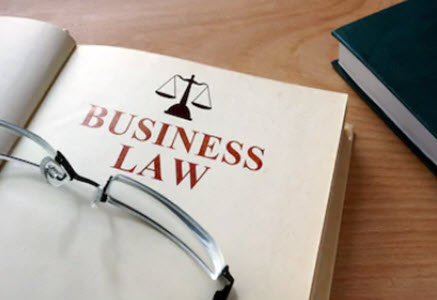Is Sole Proprietorship the Right Entity Designation for Your Business?
Pessimists see the gig economy as an erosion of working people’s financial stability and free time, but optimists see it as a land of opportunity for entrepreneurs. Every idea is the potential idea for a business, whether you write reviews of skincare products on your personal blog, sell mason jars of homemade cookie dough out of the trunk of your car, or feed and play with neighborhood pets while their owners are out of town. When it comes to taxes and legal issues, though, how official does your business have to be. Certainly, a one-person pet-sitting operation does not have to pay double taxes like a corporation or file detailed articles of organization like an LLC. The sole proprietorship is the least formal of all the business structures, and it might be right for your very small business. If you have legal questions about starting or operating a very small business, or if you are wondering whether your business has outgrown the sole proprietorship designation, contact an Alabama business entity law attorney.
The Sole Proprietorship Business Structure
A sole proprietorship is a business that belongs to one person, either running the business alone or with a very small group of family members or employees. As soon as you start engaging in business activities, even if you do not file for a separate tax ID number for your one-person business, Alabama law regards the business as a sole proprietorship. If you have given the business a name separate from your own name (for example, if you are Brittany Bloggins, but your business cards say “Brittany’s Pet-Sitting Service”), then you should register your trade name. Note that you do not need an EIN (the tax ID number for businesses) to register the name of your sole proprietorship. The state may not let you continue using the same business name if another business in Alabama has the same name or a very similar one.
In general, starting a sole proprietorship involves very little paperwork or red tape. The exception is if you are engaging in a type of business activity that requires a professional license. For example, if you are starting a one-person massage therapy business, you must first get a massage therapy license. Likewise, if you plan to operate a nail salon out of your living room, you need a cosmetology license.
When to Change Your Entity Type
The sole proprietorship only works for the smallest businesses. If your business has multiple employees, you may need to change your entity type. Likewise, the sole proprietorship entity type leaves you personally vulnerable to lawsuits and judgments against your business; limited liability company (LLC) offers the best protection in that regard.
Let Us Help You Today
Even the smallest businesses can use the advice of a business law attorney. Cloud Willis & Ellis can advise you on how to structure your business and which entity designation is right for you. Contact the Birmingham business litigation & corporate law attorneys at Cloud Willis & Ellis for a consultation about your business structure.


